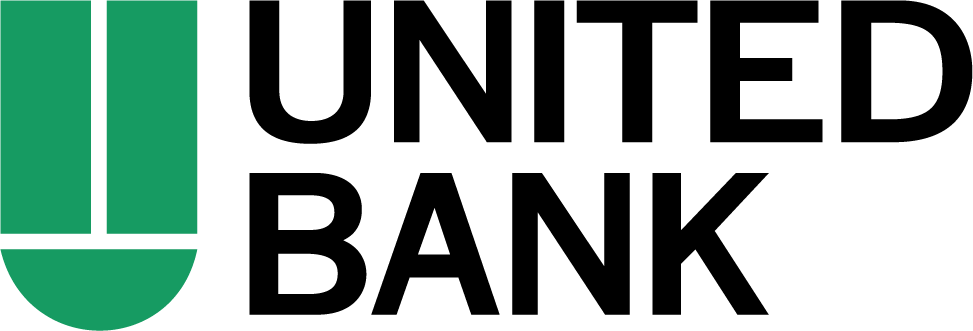You are now leaving www.BankWithUnited.com and being redirected to a website that is not operated by United Bank. Please be aware, United Bank is not responsible for the content or availability of this website and its privacy and security policies may differ from those of United Bank.





